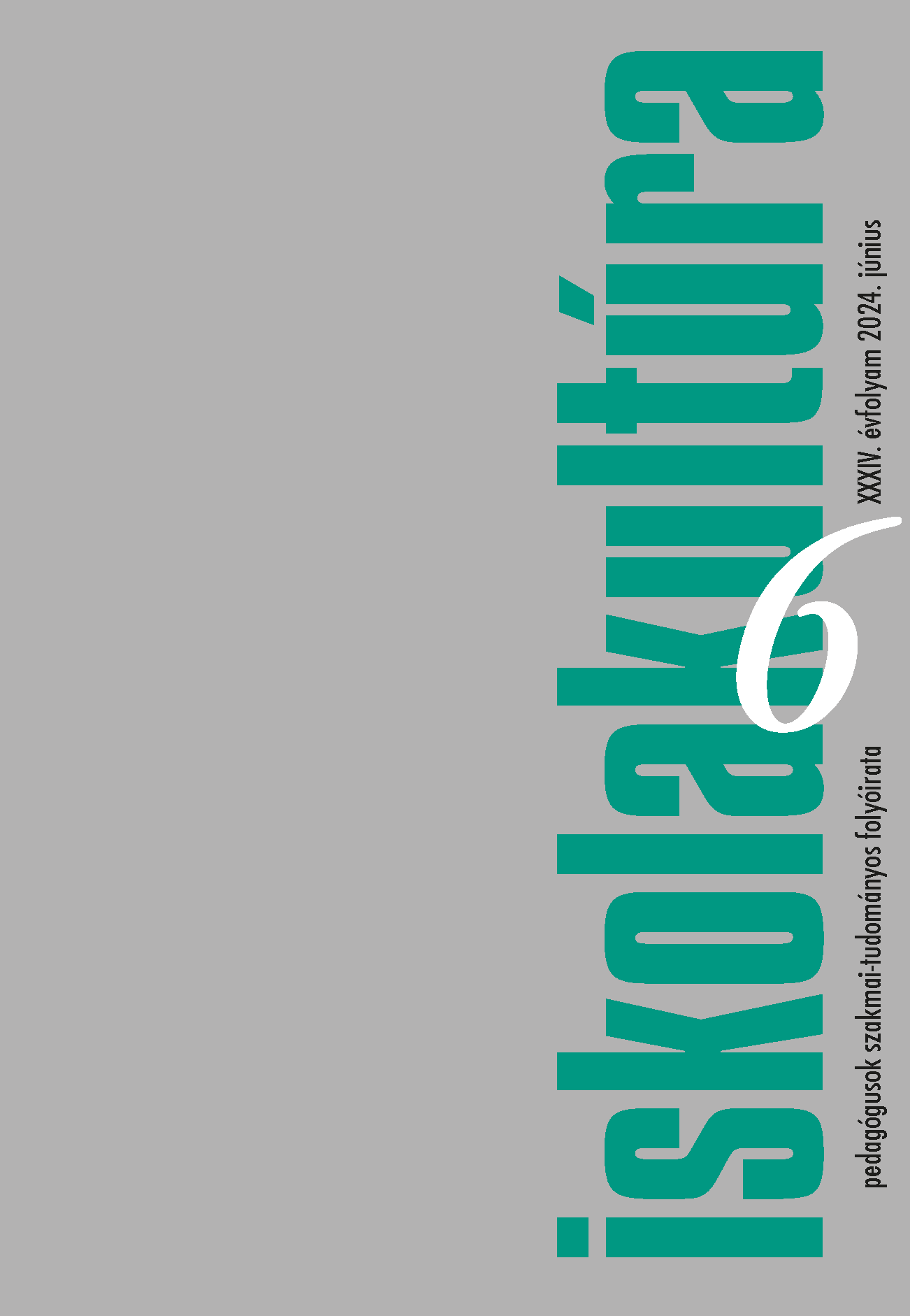Romantic discourse elements in Ernst Moritz Arndt’s pedagogical work entitled Biefe an Psychidion oder: Ueber weibliche Erziehung
Main Article Content
Abstract
The German writer and historian Ernst Moritz Arndt’s (1769-1860) two-volume work on pedagogy: Fragmente über Menschenbildung I-II, published in 1805, and his Briefe an Psychidion oder Ueber: weibliche Erziehung, written in 1810/11 and published in 1819 as the third volume of Fragmente über Menschenbildung, are considered to be fundamental works of Romantic pedagogy. The literature on the subject (Kölle, 1916; Ballauff & Schaller, 1973; Bollnow, 1987; Pukánszky, 2011) mainly discusses Arndt’s general views on the education of the whole person from an anthropological point of view and does not pay attention to his concept of women’s education. The aim of my research is to investigate what Romantic discourse elements can be found in Arndt’s Briefe an Psychidion oder: Ueber weibliche Erziehung. In particular, I intend to examine how the author responds to the problems of alienation, reification and exploitation, which are characteristic of the era, in the context of women’s education. Based on my analysis, I can conclude that among the isotopes related to the German Romantic values explored in the work under investigation: it is the isotope of ‘educating the heart’, which entails the possibilities of preserving the drive for the good that is innate in the human being, that can be a response to alienation. The isotopy of ‘the woman as a divine (childly) being’ becomes part of the Romantic discourse that responds to reification with the wish to be connected to the Absolute, which implies a kind of striving for moral development as well. ‘Service as a divine quality’ can be understood as an antidote to exploitation. According to Arndt, the ideal upbringing of women can be achieved in the quiet and serene reflection of the morals of the family. He does not consider it appropriate to introduce girls too early into society, because in the process of learning about life and the world, they can lose the innocence that is a 107 Abstracts prerequisite for raising them to live a righteous life. He considers aesthetic and mystical aspirations to be a remarkable phenomenon of the times, which also influence education and the lives of young people. However, he also believes that there is a danger of inner corruption when these aspirations are placed in a social context and their sacred qualities become external.

